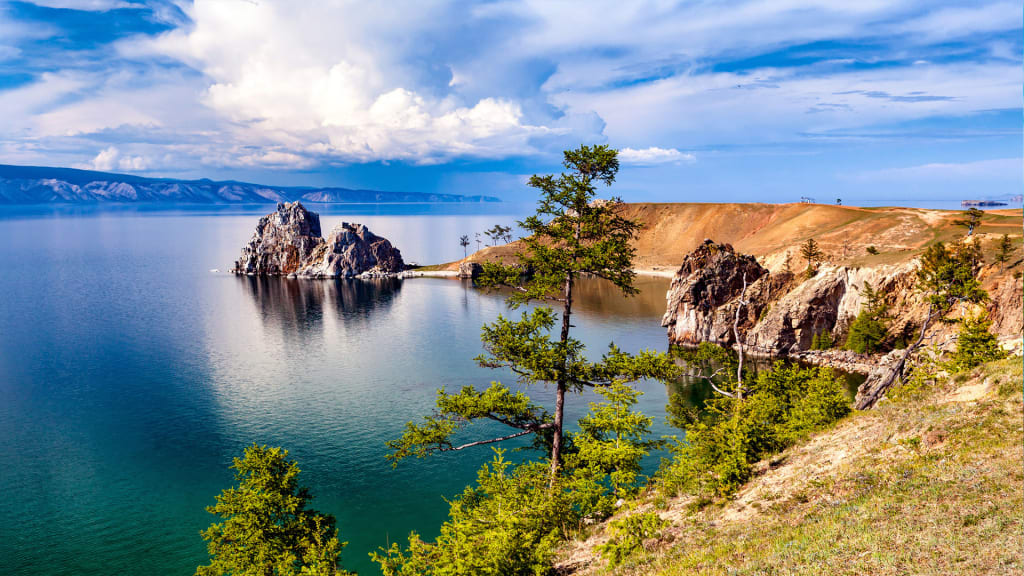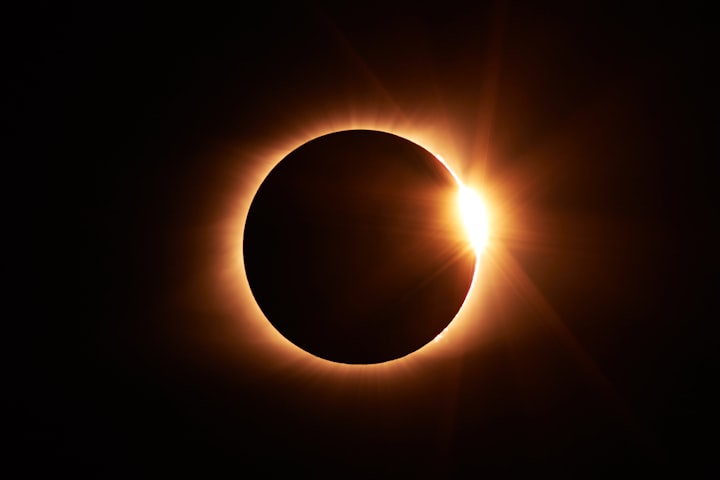Lake Baikal
Exploring the Wonders of Lake Baikal

Lake Baikal is the oldest and deepest lake in the world, located in the middle of Eastern Siberia in Southern Russia. It is truly a unique and remarkable natural wonder of the world, with its immense size, depth, and clear blue waters. The lake is approximately 25 million years old and is the largest freshwater lake by volume in the world, containing roughly 20% of the world’s total freshwater supply. The lake is also known for its unique ecology and biodiversity, as it is home to more than 3,500 species of plants and animals, many of which are endemic to the lake and can be found nowhere else in the world.
The name “Baikal” is derived from the Mongolian words “bai” meaning “rich” and “kal” meaning “water”, meaning “rich lake”. The lake is also known by its Russian name, “Ozero Baykal”, which means “Nature’s Lake”. It is often referred to as the “Sacred Sea” or “Pearl of Siberia”.
Lake Baikal is 636 km long and 79 km wide, with an average depth of 744.4 meters and a maximum depth of 1,642 meters. It is divided by its deepest point, the Maloye More Strait, into the North and South Baikal basins. The lake is surrounded by mountains on all sides, including the Baikal Mountains on the western shore and the Sayan Mountains on the eastern shore.
The lake is home to a wide variety of wildlife, including the endangered Baikal seal, the only exclusively freshwater seal species in the world. The lake also boasts an abundance of fish, including the omul and lenok, which are endemic to the lake. The lake also contains various species of crayfish, mussels, and sponges, which all help to maintain the lake’s ecosystem.
The lake has been a popular tourist destination for centuries, with its breathtaking views and unique wildlife. The lake’s crystal-clear waters make it a favorite for boaters, swimmers, and scuba divers. In addition, the lake is a major source of hydropower for the region and is home to several scientific research stations.
Lake Baikal is also home to many cultural and religious sites, such as the Sacred Island of Olkhon and the ancient rock paintings at Ushkanyi Islands. The lake is also home to several national parks and protected areas, such as the Baikal National Park and the Baikal Nature Reserve.
Lake Baikal is truly a wonder of nature and a testament to the beauty and power of the natural world. It is an integral part of the region’s culture and history, and its sheer size and depth make it one of the most awe-inspiring places on Earth.
Lake Baikal is a deep, ancient lake located in Siberia in Russia. It is the deepest and oldest lake in the world, and it is also one of the most biodiverse. The lake contains more than 1,700 species of animals and plants, many of which are found only in Lake Baikal. It is home to five species of fish and one species of seal, the Baikal seal. The lake is also home to a wide variety of birds, including ducks, geese, herons, and owls. The lake's unique environment is home to many species of plants, including wildflowers, ferns, and reeds.
The lake has been called the "Pearl of Siberia" because of its beauty and its pristine environment. The lake is also a popular tourist destination, with people traveling to its shores to explore its natural beauty. The lake's waters are crystal clear and the surrounding landscape is picturesque.
Lake Baikal is also known for its rich cultural heritage. The lake has been home to many different cultures and ethnic groups over the centuries, including the Buryat and Evenki people. The lake is also home to many traditional Russian villages, with their own distinctive customs and traditions.
The lake is also a major source of hydropower, and its waters are used to generate electricity for much of the region. Additionally, the lake's abundant fish population provides an important source of food for the local population.
The lake's environmental importance has been recognized by UNESCO, who declared it a World Heritage Site in 1996. The lake's biodiversity and its importance to the local people have made it a symbol of conservation and environmental protection.
Lake Baikal is an incredible natural wonder, and its beauty and biodiversity make it an important and unique part of the world.






Comments
There are no comments for this story
Be the first to respond and start the conversation.